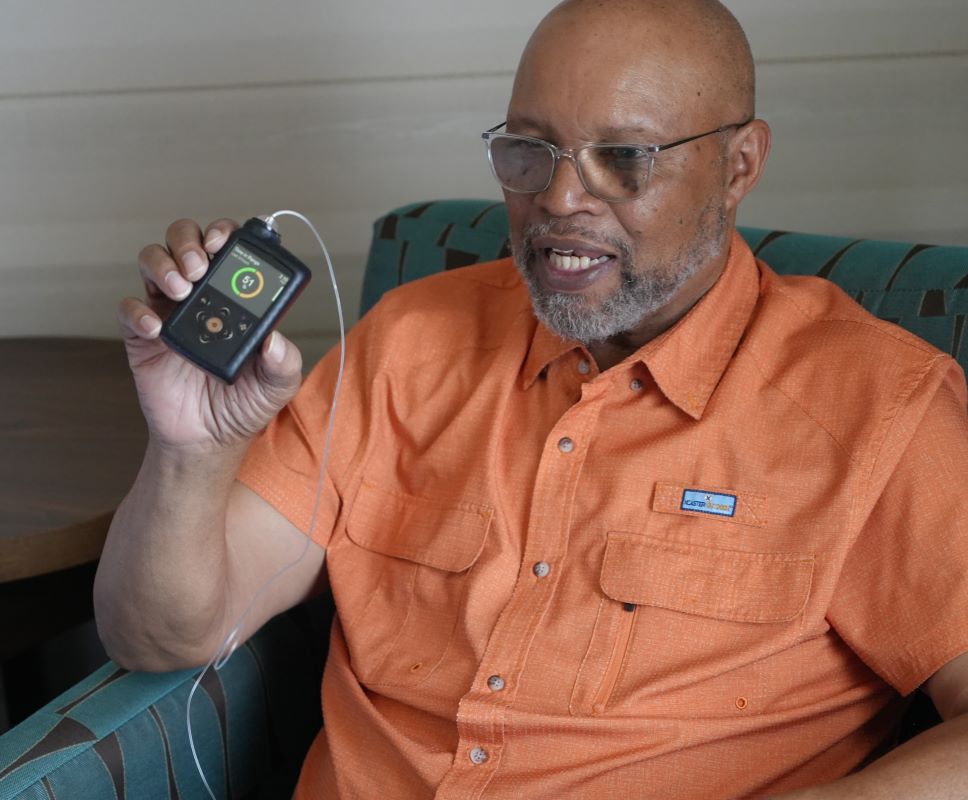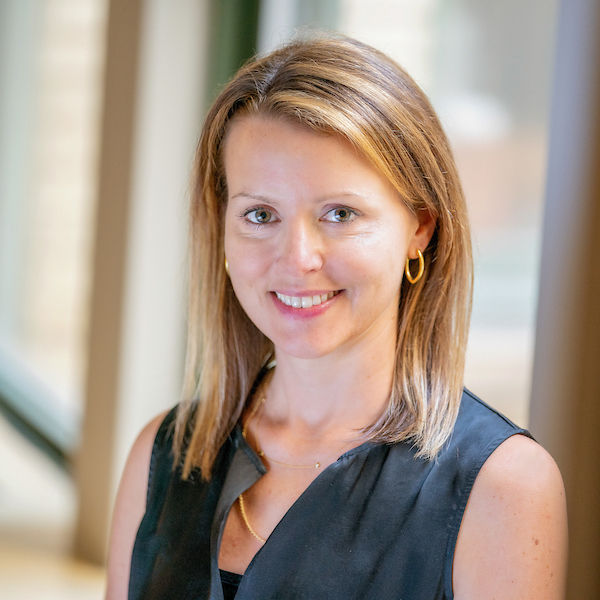ALBUQUERQUE, N.M. – A recently released study demonstrates the ECHO Model is an effective intervention for improving diabetes care in rural settings.
The study examined whether rural health care providers, who participated in weekly ECHO telementoring sessions, could help people with diabetes achieve similar outcomes as patients who are seen by endocrinology specialists working in an academic medical center.
The study found that the nearly 900 patients of the ECHO-trained providers reduced their A1c levels by 1.2% on average — a significant improvement. For every 1% reduction in A1c levels, the risk of microvascular complications (kidney, eye and nerves) is reduced by 37%, according to research published by The BMJ.
Affecting more than 37 million people in the United States, type 1 and type 2 diabetes are a serious public health issue. Thanks to unprecedented advancements in therapeutics and technologies, diabetes treatments are more effective than ever. However, the complexity of treatment options mean primary care providers need better support and training to treat their patients directly. They often instead rely on referrals to specialists; but, a nation-wide shortage of endocrinologists means many don’t receive adequate care.
“For many people living with diabetes, endocrinology specialists are out of reach. Many adults get their diabetes care in primary care or hospital settings. Ensuring that these health care providers are equipped to care for people with type 1 and type 2 diabetes is crucial. The study results for improving diabetes health outcomes provide strong evidence that the ECHO Model works,” says Laurel Koester, Program Officer in Helmsley’s Type 1 Diabetes Program, which provided philanthropic support for the research. “Access to quality care is a human right, regardless of where you live.”
“The ECHO Model provides a virtual community of practice so that local providers have the knowledge, confidence and ongoing support of their peers to treat people closer to where they live,” says Dr. Matthew Bouchonville, first author and medical director of the Endocrinology ECHO program.
“If we’re going to make a dent in treating the millions of people in need of diabetes care, primary care providers and community health workers are the only ones who can make that level of impact,” he adds.

Pastor Raymond Beachum of Clovis, New Mexico, holds up his insulin pump, which helps him monitor his blood sugar levels. A patient of an ECHO-trained provider, Neelu Finley, PA, he says: “The thing that I love most about her is: she makes sure she explains everything to you.” Photo Credit: Sarah Helms, Project ECHO
Beginning in 2014, the five-year study included patients with type 1 and type 2 diabetes. The findings, “Clinical Outcomes of Rural Patients with Diabetes Treated by ECHO-Trained Providers Versus an Academic Medical Center,” were published by The Journal of General Internal Medicine in July 2024.
In addition to improving patient outcomes, previous research has demonstrated the ECHO Model can advance diabetes care by: supporting quality improvement projects at participating clinics; reducing related inpatient treatment costs; and improving providers’ confidence and self-efficacy.
Since 2003, the ECHO Model has been used to disseminate knowledge in rural and under-resourced areas. With more than 600 peer-reviewed research papers demonstrating its effectiveness, Project ECHO is improving health, and well-being, in communities around the world.


